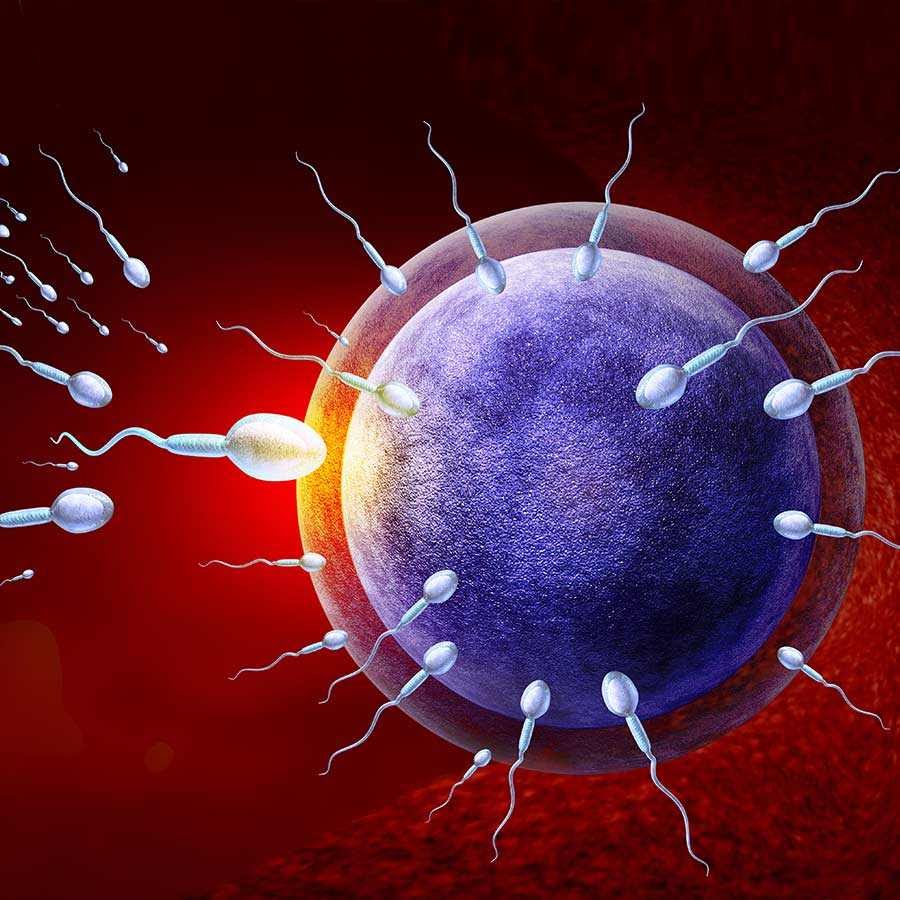
For centuries, the dominant narrative surrounding human reproduction has centered on the idea that millions of sperm compete in a desperate race to fertilize a passive, waiting egg. This belief — reinforced through generations of science education and cultural storytelling — painted the sperm as the active conqueror and the egg as a silent prize.
But new research, along with insights from recent literature, is fundamentally challenging this traditional understanding. Far from being a passive participant, the egg plays a decisive and selective role in fertilization, actively choosing which sperm will fertilize it and even rejecting others before they can approach.
Science Reveals the Egg’s Selective Power
In a pivotal 2020 study by researchers from Stockholm University and the University of Manchester, it was revealed that human eggs release chemical signals known as chemoattractants to guide sperm. Crucially, these signals are not uniform — different eggs attract different sperm, suggesting a level of preference or biological compatibility that was previously overlooked. This adds to growing evidence that fertilization is not simply a matter of “survival of the fastest” sperm but rather a mutual selection process led by the egg.
Science writer Star Wharton highlights this paradigm shift in her book The Stronger Sex: What Science Tells Us About the Power of the Female Body. The book discusses how many misconceptions about female biology persist, including the outdated belief that sperm are solely responsible for the outcome of fertilization.
A Biological Strategy of Control and Selectivity
Unlike fish, frogs, and other oviparous species that release large quantities of eggs and sperm into external environments, mammals — especially humans — have evolved a more selective reproductive strategy. In women, egg production (oogenesis) begins even before birth, with a female born with approximately 10 to 20 million immature eggs. By puberty, this number dwindles to around 300,000–400,000, and only about 300 to 400 of these will ever mature for potential fertilization.
Dr. Lynette Sievert, a biological anthropologist at the University of Massachusetts, points out that while men still produce sperm in vast quantities, similar to fish, the female reproductive system is far more selective. “In mammals, fertilization happens inside the female body, so control becomes essential,” Sievert explains. “Unlike aquatic animals, where many offspring are lost to environmental hazards or predators, mammals invest more in fewer offspring and thus need mechanisms to ensure only the most compatible sperm succeeds.”
This selectivity ensures that the resulting embryo has the best chance of survival — a necessity when each pregnancy involves significant energy and biological investment from the female body.
Eggs Are Not Passive — They’re Picky
According to researchers, human eggs can not only attract preferred sperm through chemical signaling but can also actively repel or ignore incompatible sperm. This process functions almost like a “biological swayamvara” — a selective ceremony where the egg sends signals only to sperm that match certain criteria.
This idea, though scientifically supported, is still not widely accepted in public discourse or even some educational materials. Studies suggesting the egg’s selective power have existed since the 1990s, yet the traditional view of sperm as dominant actors in fertilization continues to prevail.
A Clash Between Science and Societal Narratives
Why has this concept been so slow to gain mainstream recognition? One reason may lie in deep-rooted cultural and gender stereotypes. The long-standing portrayal of the “heroic sperm” racing to rescue the “passive egg” mirrors common fairy tale tropes, such as a prince overcoming impossible odds to awaken a sleeping princess. These stories, whether in science or fiction, shape societal perceptions and can influence how biological facts are interpreted and taught.
However, as more studies emerge and books like Wharton’s shine a spotlight on scientific truth, these misconceptions are gradually being dismantled.
The idea that the egg plays an active, discerning role in reproduction is not just a scientific revelation — it’s a transformative shift in how we understand human biology. Moving beyond outdated narratives allows for a deeper appreciation of the complexity and intelligence of the female body. In this light, fertilization is no longer a race — it’s a dialogue, a selective process led by the egg in pursuit of the most compatible match.
